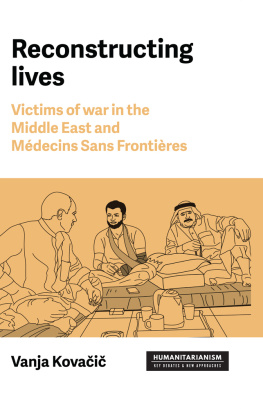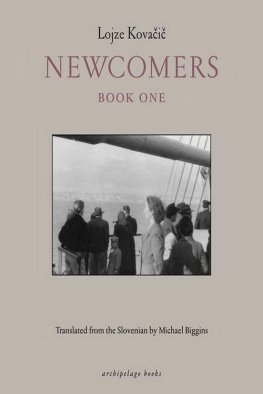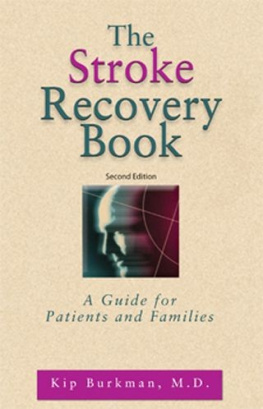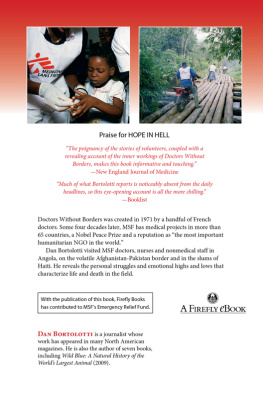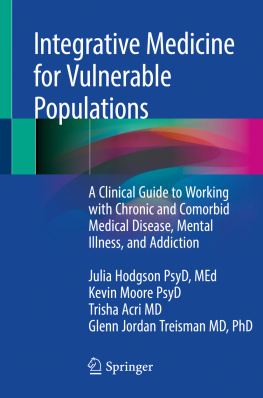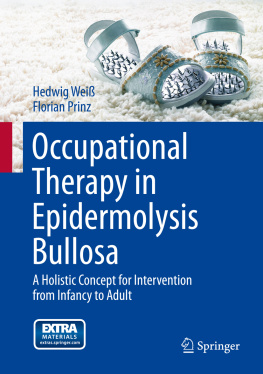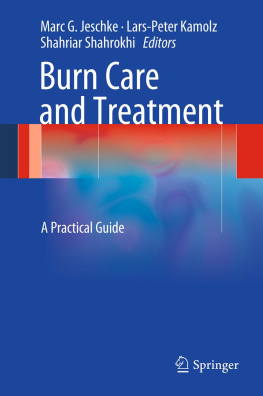
SERIES EDITOR: BERTRAND TAITHE
This series offers a new interdisciplinary reflection on one of the most important and yet understudied areas in history, politics and cultural practices: humanitarian aid and its responses to crises and conflicts. The series seeks to define afresh the boundaries and methodologies applied to the study of humanitarian relief and so-called humanitarian events. The series includes monographs and carefully selected thematic edited collections which cross disciplinary boundaries and bring fresh perspectives to the historical, political and cultural understanding of the rationale and impact of humanitarian relief work.
Islamic charities and Islamic humanism in troubled times
Jonathan Benthall
Humanitarian aid, genocide and mass killings: Mdecins Sans Frontires, the Rwandan experience, 198297
Jean-Herv Bradol and Marc Le Pape
Calculating compassion: Humanity and relief in war, Britain 18701914
Rebecca Gill
Humanitarian intervention in the long nineteenth century
Alexis Heraclides and Ada Dialla
The militaryhumanitarian complex in Afghanistan
Eric James and Tim Jacoby
Global humanitarianism and media culture
Michael Lawrence and Rachel Tavernor (eds)
Aid to Armenia: Humanitarianism and intervention from the 1890s to the present
Jo Laycock and Francesca Piana (eds)
A history of humanitarianism, 17751989: In the name of others
Silvia Salvatici
Donors, technical assistance and public administration in Kosovo
Mary Venner
The NGO CARE and food aid from America 194580: Showered with kindness?
Heike Wieters
The Red Cross movement: Myths, practices and turning points
Neville Wylie, James Crossland, Melanie Oppenheimer (eds)
Copyright Vanja Kovai 2021
The right of Vanja Kovai to be identified as the author of this work has been asserted by them in accordance with the Copyright, Designs and Patents Act 1988.
Published by Manchester University Press
Oxford Road, Manchester M13 9PL
www.manchesteruniversitypress.co.uk
British Library Cataloguing-in-Publication Data
A catalogue record for this book is available from the British Library
ISBN 978 1 5261 6161 1 hardback
First published 2021
The publisher has no responsibility for the persistence or accuracy of URLs for any external or third-party internet websites referred to in this book, and does not guarantee that any content on such websites is, or will remain, accurate or appropriate.
Cover image: Male relatives gathered around their injured family member. Illustration by Sarah Imani.
Typeset
by Sunrise Setting Ltd
To Sir Iain Chalmers
This work is dedicated to a person who has greatly influenced
me with his values and integrity. Sir Iain Chalmers,
I will be eternally grateful for your outstanding inspiration,
example, and support in standing for the right things.
Contents
All illustrations have been produced exclusively for this book by Sarah Imani.
| CRASH | Centre de Rflexion sur lAction et les Savoirs Humanitaires |
| ICRC | International Committee of the Red Cross |
| IMA | Iraqi Medical Association |
| ISIS | Islamic State of Iraq and the Levant |
| MBA | maximum benefit achieved |
| MLO | medical liaison officer |
| MSF | Mdecins Sans Frontires |
| NGO | non-governmental organization |
| OPD | outpatient department |
| OT | operating theatre |
| PTSD | post-traumatic stress disorder |
| RSP | Reconstructive Surgery Programme |
| UNHCR | United Nations High Commissioner for Refugees |
| WHO | World Health Organization |
Throughout this journey there were countless people who inspired me, encouraged me, and helped me grow. My gratitude is not limited to the people I mention here.
First, I am extremely grateful to Dr Jean-Herv Bradol and Michal Neuman for their contributions to the Introduction of this volume. Their insightful comments on the manuscript, and their motivation to see this project completed, supported me during the challenging moments of this journey.
I would like to offer my special thanks to Ms Michael Strange for her tireless editing and beautiful shaping of the text.
To all the participants the patients and MSF staff thank you for your inspiration, for sharing your stories, your enthusiasm and trust, and for welcoming me as one of you. You have not only shaped my research: you have shaped me.
A big thanks to my interpreters who worked in the field alongside me: Tania Ismail, Alaq Nabeel Saadoon, and Khuld Karam. Your invaluable contributions in facilitating data collection and your efforts in achieving good-quality translations and transcriptions have made this book a clear record and a useful tool for the future.
To Dr Israa Al Jumaily, Dr Aziz Abu Azizeh, Dr Omar Adil Abdulkareem, Dr Nadhum Duriad Nadhum, Dr Hussein Abdulla, and Ammar Abdulkareem Khalid Alshamary: thank you for your assistance in contacting patients.
Thank you to the surgical team for the many insightful and emotional moments we shared in the operating theatre.
To Gilles Brabant for sharing the results of his RSP data analysis.
To Sarah Imani for producing beautiful illustrations.
I am grateful to my colleagues and friends: Anneliese Coury, Caroline Seguin, Marc Schakal, Dr Rasheed Al-Sammarraie, and Yahya Kalilah for their openness and for the interesting debates that we had. I appreciate your co-operation and proactive attitudes. My time in Jordan and Iraq would not have been the same without you.
To my dear friends Irena Bertoncelj, Sheila Ramaswamy, Chiara Lepora, and Ana Alvarez Mingote: my life is enriched by your loyalty, wisdom, and strength. Distance never seems to exist between us, and you have been there for me unconditionally.
To all of you, I feel lucky that our paths have crossed.
The intention
This book is a result of my three-year collaboration with Mdecins Sans Frontires (MSF), or Doctors Without Borders, a medical humanitarian organization. MSF, winner of the Nobel Peace Prize in 1999, places its primary focus on the delivery of emergency aid and works under the maxim alleviate human suffering.
I was not new to MSF. In 2010 I joined the organization to conduct anthropological research focused on access to care for HIV patients in Kenya (). When I was contacted again in 2017 by MSFs CRASH unit (Centre de Rflexion sur lAction et les Savoirs Humanitaires) the internal body engaged in critical reflection on field practices I realized the significant nature of the project being proposed. As a medical anthropologist I would be given the unique opportunity to carry out independent research centred on MSFs Reconstructive Surgery Programme (RSP) for the victims of war in the Middle East.
Working as an anthropologist in the humanitarian field, I would be joining a group of authors who have critically examined humanitarian practice, including those researching MSF. The importance of such study had already been discussed in publications such as Medical anthropologies. Ethnographies of practice (). But the proposed research into the RSP, rather than being principally occupied with its political or institutional structure, required me to design an exploration of the microcosm of relations among humans who, like me, shared a time and space influenced directly or indirectly by the experience of war. To look at this microcosm meant uncovering the layers of what it means to be human in the context of war. And I was offered the exceptional chance to look at the worlds of both war victims and humanitarian workers. I readily accepted the challenge. The resulting study, presented here, is unique among critical anthropological studies of humanitarian aid.
Next page
